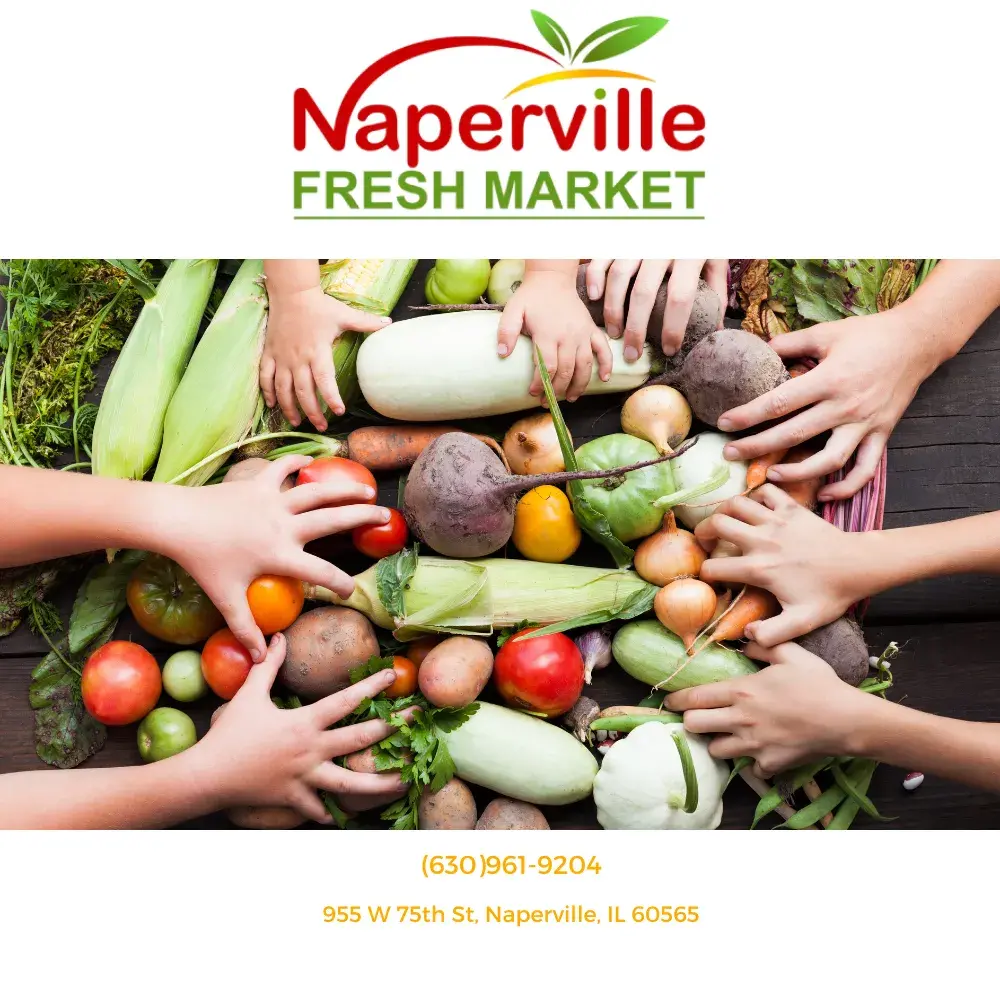Organic food sourcing is increasingly recognized as a key contributor to healthier diets. With an emphasis on natural farming methods, organic produce is cultivated without synthetic pesticides, genetically modified organisms (GMOs), or harmful chemicals. This holistic approach not only benefits the environment but also ensures that consumers receive cleaner, more nutritious food on their tables.
Elimination of Harmful Chemicals
One of the core advantages of organic food is the absence of synthetic pesticides and herbicides. Conventional farming often relies on these chemicals to manage pests and boost crop yields, but residues can remain on produce and enter the food chain. Organic farming, however, uses natural pest control methods, ensuring that fruits and vegetables are free from harmful chemicals. This reduces the risk of pesticide-related health issues, making organic food a safer option for consumers.
Higher Nutritional Value
Studies have shown that organic food often contains higher levels of essential nutrients compared to conventionally grown produce. Organic fruits and vegetables are frequently richer in antioxidants, which are crucial for protecting cells from damage and supporting overall health. Additionally, organic crops tend to have a higher concentration of vitamins and minerals, as the soil is nourished through sustainable practices like composting and crop rotation.
Promoting Soil Health for Better Produce
Healthy soil is fundamental to producing high-quality organic food. Organic farmers use natural fertilizers like compost to maintain and enrich the soil, ensuring that it remains fertile and nutrient-dense. This results in healthier, more resilient crops that can grow without the aid of synthetic additives. The focus on soil health also helps preserve ecosystems, creating a sustainable cycle that benefits both the land and the food it produces.
Reducing Exposure to GMOs
Organic food sourcing strictly prohibits the use of genetically modified organisms (GMOs). For consumers concerned about the long-term effects of GMOs on health, this is a significant advantage. By choosing organic, people can reduce their exposure to genetically engineered crops, which are often designed to tolerate heavy pesticide use. Organic farming practices focus on natural genetic diversity, allowing crops to thrive without genetic modification.
Through these methods, organic food sourcing guarantees a healthier, more nutritious alternative to conventionally grown produce. Consumers can enjoy food that is not only safer for their bodies but also better for the environment and the agricultural system.
Learn More
Understanding the Key Principles Behind Organic Food Sourcing




